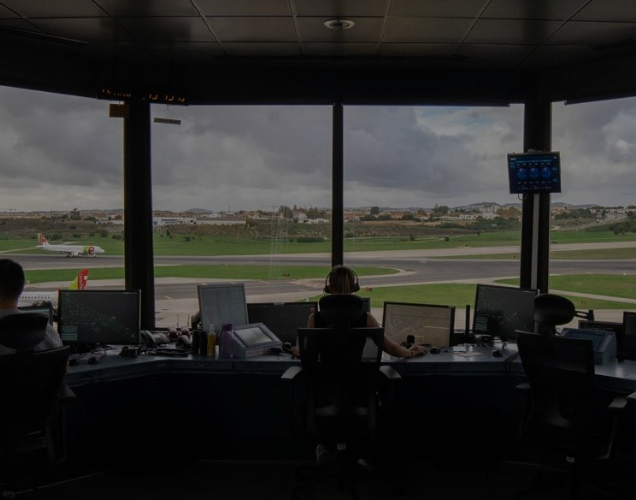One Year of Point Merge System: Delays in Lisbon TMA Down by Over 30%
System implemented by NAV Portugal has cut more than 200,000 minutes of delay since July 2024;

One year after the implementation of the most extensive airspace restructuring ever carried out in Lisbon Terminal Manoeuvring Area (TMA), overall delays in the Lisbon region have dropped by more than 30%, with a cumulative reduction of over 200,000 minutes thanks to the Point Merge System (PMS) introduced by NAV Portugal in May 2024.
The PMS – a new air traffic sequencing model that transformed approaches to Humberto Delgado Airport and the wider Lisbon airport system – became fully operational in July 2024. Its impact was immediate: delays in that month alone dropped by 25% compared to July 2023, with similar or greater reductions recorded in nearly every subsequent month. In April 2025, the reduction reached 38%.
Performance was even more significant when looking solely at delays directly attributable to air traffic control — including ATC Capacity, Aerodrome Capacity and Airspace Management — excluding, for instance, meteorological impacts. In this specific category, monthly reductions ranged from 40.5% in the first full month of PMS operation to 91.6% in March 2025.
For Pedro Ângelo, CEO of NAV Portugal, «the Point Merge System marked a qualitative leap in the way we manage Lisbon’s airspace. The results show that it is possible to respond to growing demand with greater efficiency, predictability, and sustainability. It is a clear example of NAV Portugal’s ability to innovate and lead with responsibility».
The PMS replaced traditional holding patterns with more direct, predictable, and efficient trajectories, featuring continuous descent operations and optimised speeds. The new system is based on a convergence approach towards a single Merge Point, allowing for lateral and vertical separation of traffic flows while improving predictability, efficiency, and operational safety.
System Under Continuous Optimisation
NAV Portugal has been closely monitoring PMS operations in cooperation with airlines. Two optimisation phases have already been implemented or are currently being prepared:
Optimisation Package 1 – In effect since 15 May 2025, this phase introduced adjustments in altitudes, speeds and routes, focusing on fuel efficiency and CO₂ emissions reduction.
Optimisation Package 2 – Scheduled for 2 October 2025, it will enhance airspace management by introducing new contingency holding areas and sector adjustments, increasing the resilience and flexibility of air traffic control operations.
In parallel, and in line with the Resolution of the Council of Ministers No. 58/2025 of 18 March, NAV Portugal is working with ANAC to assess a new northbound departure configuration aimed at mitigating noise impact on local communities. The goal is to find a technically viable solution that balances operational efficiency with environmental sustainability.
With the PMS, NAV Portugal reaffirms its commitment to delivering air navigation that is more efficient, predictable, and sustainable — ready to meet growing demand and future challenges in the aviation sector.


.jpg)

.png)






Comments
There are no comments yet for this item
Join the discussion